Love the idea of homegrown fresh vegetables? Planning a vegetable garden can be a very fulfilling experience. Read on...
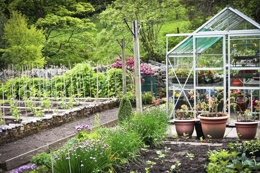
A vegetable garden can be such a therapeutic project to get involved in, especially when it is your very own. There are a variety of vegetables that can withstand conditions to thrive in your garden, which we will elaborate on a little later in this section on planning a vegetable garden. It can be time-consuming but it is definitely worth the trouble in the end. Basic vegetables that we need in abundance can be easily attainable from your backyard, where growing these are sure to invite fun and energy into the entire plan. Get others involved to make it a family experience, or have professional help step in to give you a hand when attempting to do this for the first time.
Vegetable Garden Plans
What kind of soil should be used in the garden? Which vegetables can be grown? There are plenty of questions that need to be answered before you actually start creating your own vegetable garden. Here is a step-by-step guide, which will help you through the entire process.
<>Buzzle.com
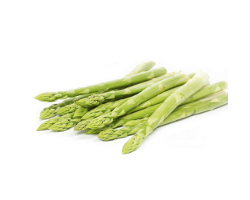
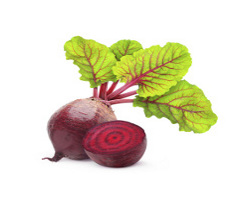
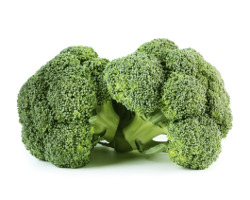
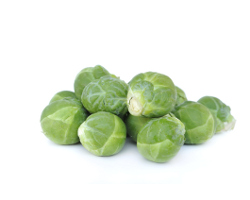
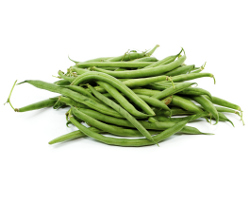
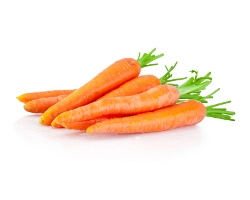
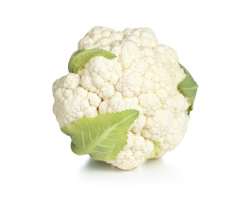
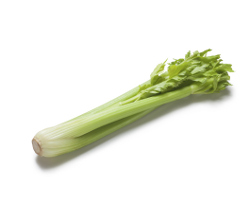
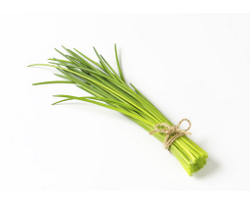
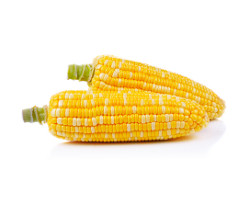
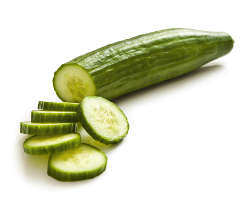
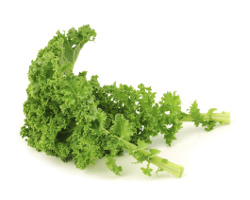
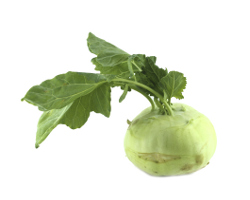
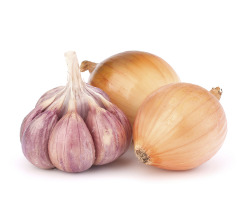
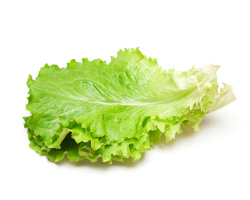
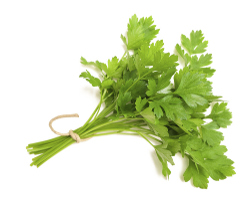
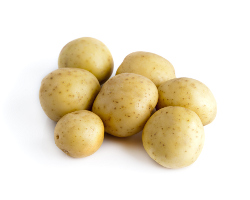
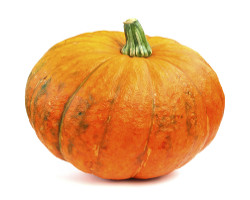
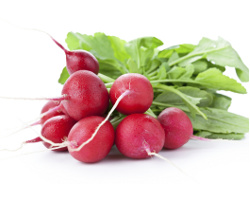
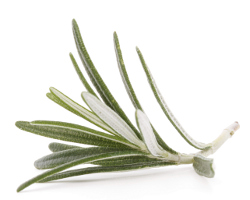
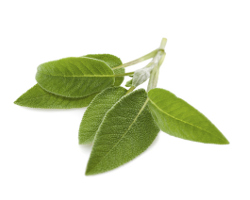
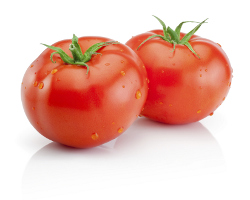 Soil Fertility and Texture
Soil Fertility and Texture
Well-textured fertile soil is one of the prerequisites of creating a fresh and sustainable vegetable garden. The soil in the garden needs to be adequately fertile and moist. Organic humus works well. Just add wholesome quantities of organic humus and rest assured that your garden will be a success. You can create rich compost by digging a whole and filling it with leftover food from at home, unwanted remains of cut vegetables and fruits or any other degradable waste from your kitchen; cover the top with soil to pack it all in and leave it to decompose. After about five days, you can use this in your garden.
Plantation Techniques
Now that you've got a fertile layer of soil in your garden you need to decide how you want to plant your veggies. You can either plant it in the open soil or create raised beds. Although some people find the option of raised beds more effective, the outcome depends on the soil condition, sunlight, and watering means. The only advantage the raised beds can provide is perhaps if the plantations are done in separate raised bed craters or containers, then they can be transported easily from one place to another.
Companion Planting
Companion planting is nothing but planting the right vegetables together. It is a known fact that some specific combinations of vegetables leads to improved growth, reduces the possibilities of diseases and infections, helps multiple beneficial insects and bacteria, while eliminating harmful pests as well. Here is a small list of vegetables and their compatible companions, which can be grown together in a vegetable garden:
List of Common Garden Vegetables
Although there is really no limit to the type of vegetables and herbs that you can grow in your garden, there exists certain popular garden vegetables that every garden can easily accommodate.
Celery
Celery is a beautiful vegetable that can be a part of your vegetable garden. Although celery is a very adjusting plant and grows well along with almost any other vegetable, there are a few vegetables that are especially conducive to its growth. The common plants that are known as its companions are onions, tomatoes, cabbage varieties, and bush beans.
Asparagus
Asparagus is also a great addition to your vegetable garden and is a very accepting plant, which grows well along with all the other vegetables. However, it has its favorites and hence shows extremely good results or yields well when planted along with tomatoes, basil and parsley.
Cabbage
This family includes cauliflower, kale, kohlrabi and broccoli. These plants grow well when planted along with celery, beets, cucumber, lettuce, rosemary, onions and sage. However the results are visibly hampered when these are grown with their antagonist plants namely pole beans or tomatoes.
Bush Beans
Make it a point to plant them along with cucumber, corn, potatoes or celery. Never plant the bush beans with onions, since it will hamper its yield.
Corn
Fresh corn from your own garden to sprinkle on your freshly baked pizza sounds like heaven. Corn can be a great addition to your vegetable garden if you plant it with potatoes, beans, peas, pumpkin and cucumber. Tomato and corn are antagonistic plants, which cannot be planted together.
Cucumber
A fresh cucumber salad cannot get more refreshing than this. Fresh and juicy cucumbers are a must have for your vegetable garden, even if it is a fruit variety. Cucumbers can be planted with beans, corn, peas and even radish. However cucumbers should never be planted along with potatoes and any kind of aromatic herb.
Lettuce
Fresh and crispy lettuce is a must-have, be it for your garden fresh salad or as an addition to a healthy sandwich. Although lettuce grows well with almost any and every vegetable plant, it shows better results when planted along with carrots, cucumbers, onions and radish.
Onions and Garlic
Onion and garlic are two of the most popular cooking ingredients. In order to have these grow efficiently in your vegetable garden, you need to pair them up with beets, carrots, lettuce and parsley. They do not grow well with peas and beans amidst them.
Potatoes
French fries or mashed potatoes - we just cannot do without them. Potatoes are a culinary ingredient cooks can't do without. However in order to have good yield, you need to plant them along with beans, corn, eggplant and members of the cabbage family. Potatoes should never be planted along tomatoes, cucumber, pumpkin or any other kinds of squash.
Peas
Lovely peas can be a great addition to any recipe. Peas can be grown in your vegetable garden with carrots, turnips, cucumbers, corn and beans. However peas need to be planted away from onions, chives, garlic and potatoes.
Tomatoes
Tomatoes grow best when planted along with celery, asparagus, broccoli, Brussels sprouts, kale, chives, parsley and carrots. However tomatoes should not be planted along with kohlrabi, potatoes, fennel and cabbage.
The last and most important thing to remember while planning garden with vegetables is being certain that you are planting them as per the above pairing instructions. If you and your family have your favorites vegetables, include them instead of some vegetables that you just might never use.






 A vegetable garden can be such a therapeutic project to get involved in, especially when it is your very own. There are a variety of vegetables that can withstand conditions to thrive in your garden, which we will elaborate on a little later in this section on planning a vegetable garden. It can be time-consuming but it is definitely worth the trouble in the end. Basic vegetables that we need in abundance can be easily attainable from your backyard, where growing these are sure to invite fun and energy into the entire plan. Get others involved to make it a family experience, or have professional help step in to give you a hand when attempting to do this for the first time.
A vegetable garden can be such a therapeutic project to get involved in, especially when it is your very own. There are a variety of vegetables that can withstand conditions to thrive in your garden, which we will elaborate on a little later in this section on planning a vegetable garden. It can be time-consuming but it is definitely worth the trouble in the end. Basic vegetables that we need in abundance can be easily attainable from your backyard, where growing these are sure to invite fun and energy into the entire plan. Get others involved to make it a family experience, or have professional help step in to give you a hand when attempting to do this for the first time.




















